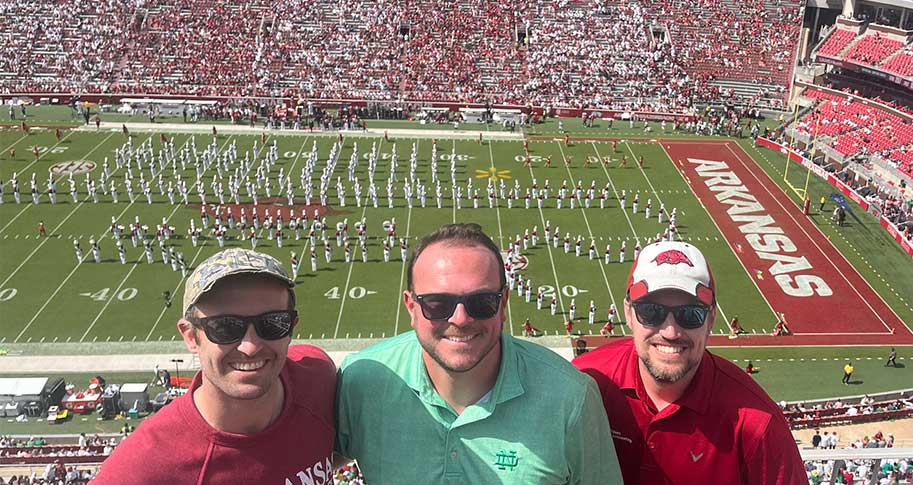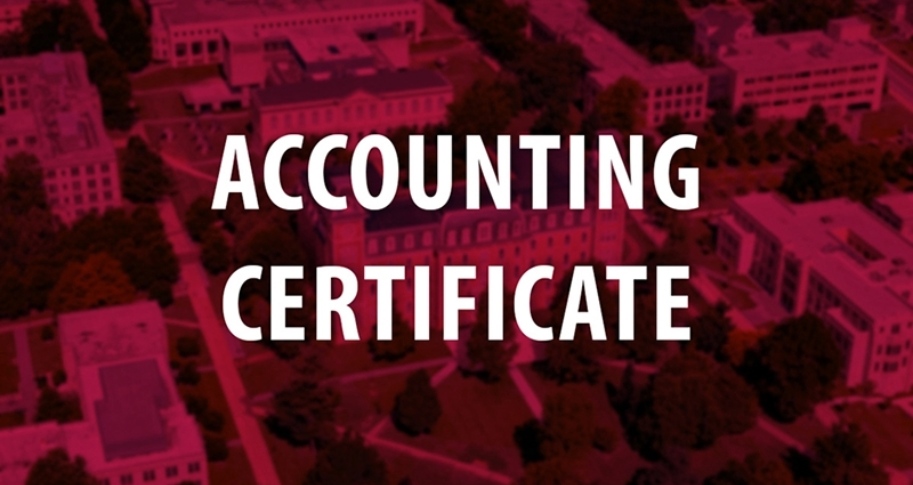Career Outlook
The accounting department at the Walton College enjoys strong relationships with corporate
partners. These corporate connections are enhanced through networking events, speaking
events, and academic activities – culminating in employment opportunities.
CPA: Certified Public Accountant Exam
A University of Arkansas Master of Accountancy degree qualifies you to sit for the
CPA exam in Arkansas.
The CPA exam's primary purpose is to establish the technical credentials of those
wishing to be licensed as public accountants. If you plan a career in public accounting,
taking the CPA exam is a must. In addition, the CPA license is so widely recognized
as a credential that many accountants who work in industry or government take the
CPA exam as part of their effort to become licensed as CPAs.
While the CPA exam is the same across the nation, the requirements to sit for the
CPA exam vary by state.
While your focus as a student is naturally on taking a certification exam, remember
that this is just a step towards professional certification. In addition to passing
a certification exam, there are additional requirements (e.g., experience requirements,
continuing education requirements) for professional certification or licensing that
you also must fulfill after graduation.
Learn more: Department of Accounting: Certification Exams
 Schedule a Time to Talk
Schedule a Time to Talk  Apply for this Degree Program
Apply for this Degree Program 









